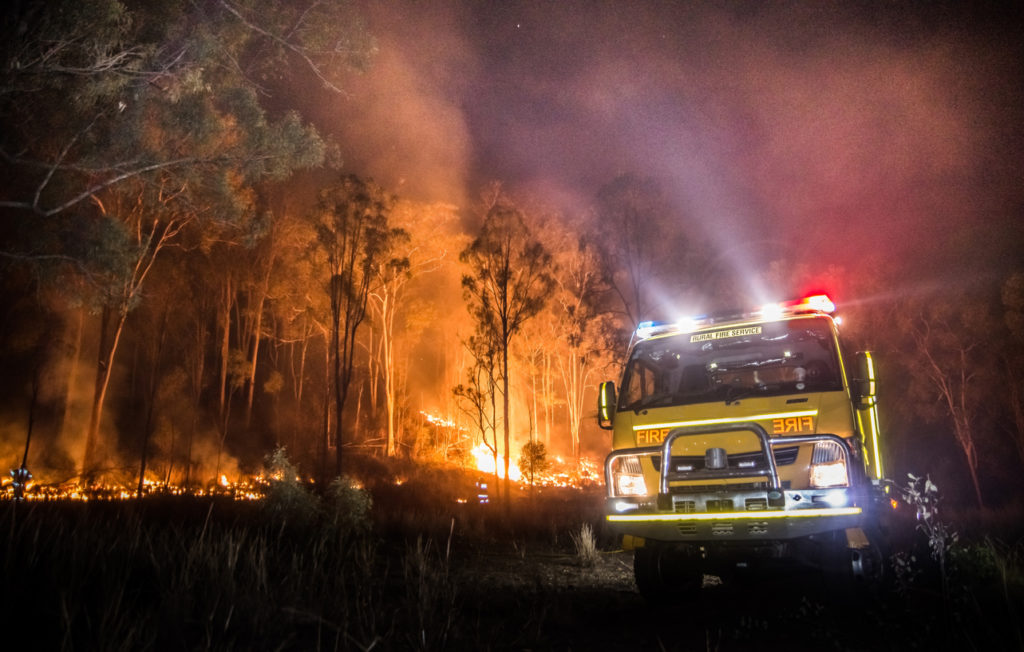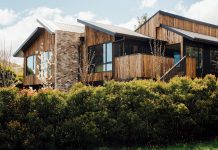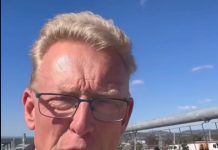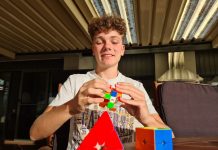As out-of-control bushfires burn to the city’s east and west, the air quality in the nation’s capital has been among the worst of any major city in the world. In the shopping centres, some people look tired and anxious, as everyone seeks to protect their families and loved ones from the ongoing smoky air. For many, these events are making climate change more immediate and relevant to daily life. People are thinking about what they can do and how they should respond.

I have three young children and for me, climate change is personal.
I am a public health scientist at the Australian National University. My research looks at how a changing environment, including climate, can impact our health. Along with a growing number of scientists, I examine who is most vulnerable to the health impacts related to extreme weather events. I believe that the choices we all make today will determine the cost to our planet and our ability to protect it for future generations.
And I’m optimistic about that future. Why? Because there are things we can do to make a difference. If we all work together, we can have an impact. Here is my top five list of things we can all do today:
1. Start a conversation with your friends, neighbours and family. Climate change will impact our everyday lives: what we eat, the water we drink, our lifestyles and our freedom to make the choices we currently have. As I walk around Canberra today, I see fear. I hear parents talking in whispers about their local shops running out of face masks and air purifiers. Take this opportunity to have the conversation about bushfires, the high temperatures and drought that contributed to it and, more broadly, climate change. Be informed, not alarmed. The science is out there. The Intergovernmental Panel on Climate Change, the world’s most authoritative source of the science, has made all of their science free and easily accessible.
2. Swap ‘stuff’ for ‘time’. We are all time-poor, a situation, I believe, made worse by technology which enables us to write “just one more email” and disables our ability to be present and engaged. As a parent, I am very aware of this. As a family without a car, we spend a lot of time on our bicycles and various forms of public transport. Almost every journey, I see a child and parent on separate gadgets or a child with a new toy in hand, because they were “good” at the shops. What if we spent more time with our children and loved ones? We are not doing our children or the planet any favours by buying more plastic toys or gadgets.
3. Reconnect with nature. It’s important to experience the natural world and strengthen our connection to it. We can do this by walking in nature, gardening and witnessing the recovery of our native plants and animals. We are lucky here in Canberra that we have bushwalks at our doorstep and the mountains and beaches a car ride away. Human nature dictates that we don’t feel the need to protect something we have no connection with. We owe it to future generations to create deep respect for the environment within our communities.
4. Ask a scientist. Canberra has one of the highest rates of scientists per 1,000 people in the country! Scientists are very good at talking to other scientists through peer-reviewed journal articles. We need to do a much better job of communicating the urgency of our message and the power of every person and corporation to make a difference. Get your local community group or business to invite a scientist to talk about the science, the public health impacts and the social and cultural dimensions of such change.
5. Tell us your story. Empowering communities starts with listening. Tell scientists your concerns, and help us make our research relevant to you. Just as our science informs policy decisions, we need to know what questions need to be asked. In my mind, that is science in action.
By Dr Aparna Lal (PhD)
About the author: Dr Aparna Lal (PhD) is a senior lecturer, Research School of Population Health, ANU; email
For more:








